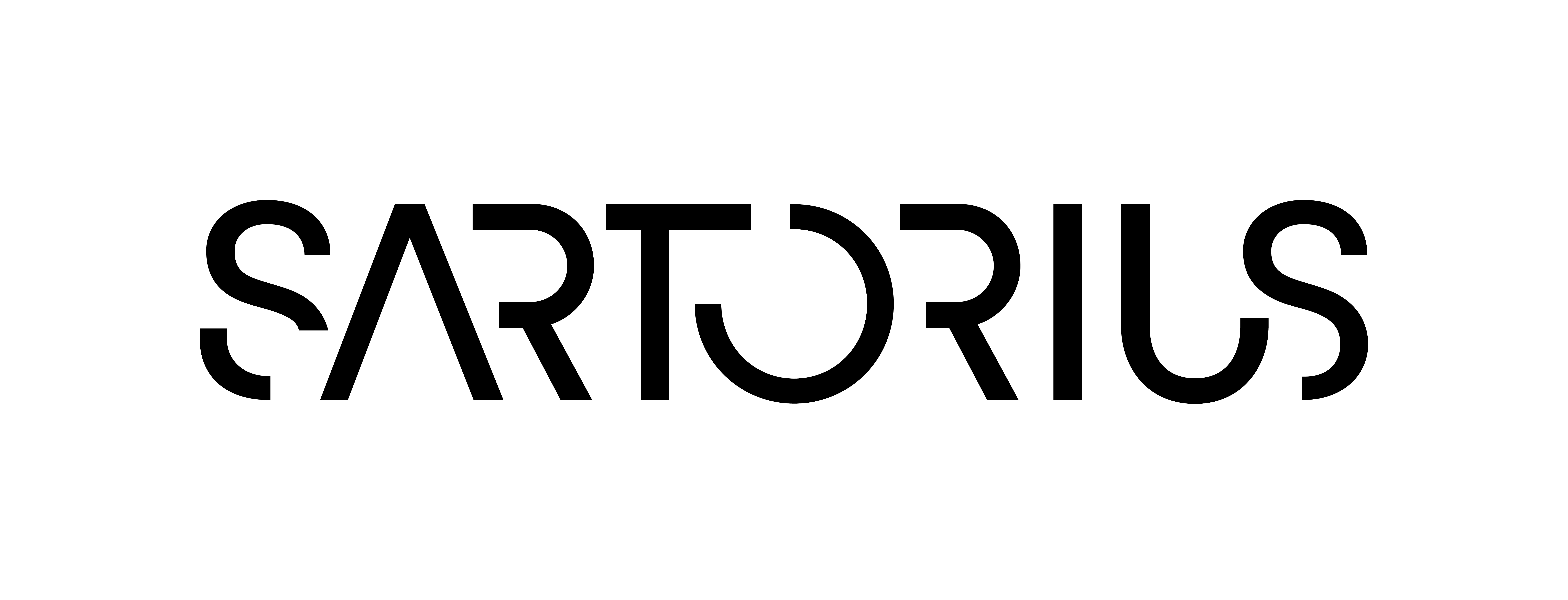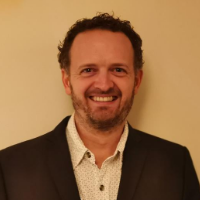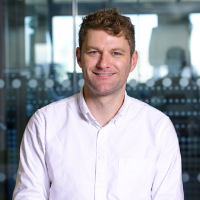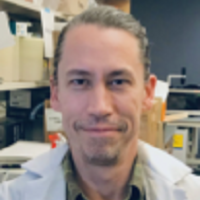Oct
6
2020
On demand
Evolving the role of gene editing in cell therapy
Tuesday 08:00 PDT / 11:00 EDT / 16:00 BST / 17:00 CEST
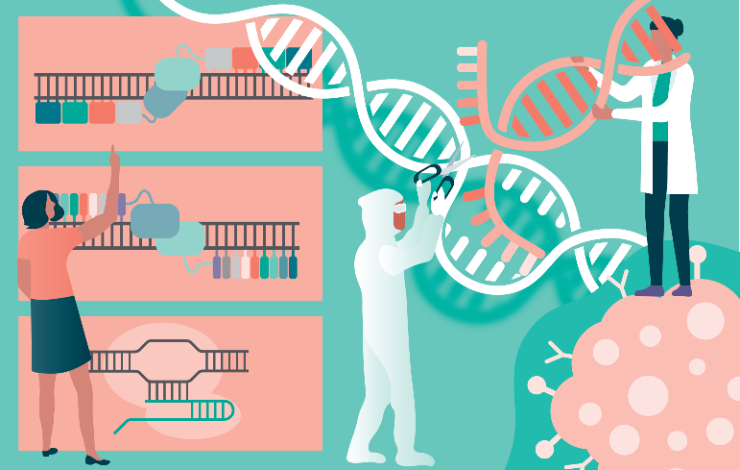
Cell therapy is a rapidly evolving field and while there has been some success for delivering novel treatments for liquid tumors, novel approaches are required for overcoming the challenges of cell therapy treatments for solid tumors. One such approach is utilizing gene editing on the underlying primary cell line and improving its persistence, proliferation as well as its ability to survive in the toxic tumor microenvironment.
Attendees will learn about:
- Scientific rationale for utilizing gene editing in cell therapy
- The various gene editing technology options available (CRISPR / Base or Prime Editors / ZFNs / TALENs, etc.)
- Therapeutic approach; Autologous vs Allogeneic
- Gene editing workflow considerations (equipment, sample tracking, biobanking, etc.)
You might also like
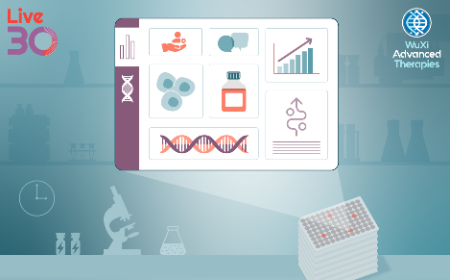
From concept to clinic: overcoming the challenges of potency assays in cell and gene therapy development
Audrey Chang, Joe Newcome
10 December
Watch
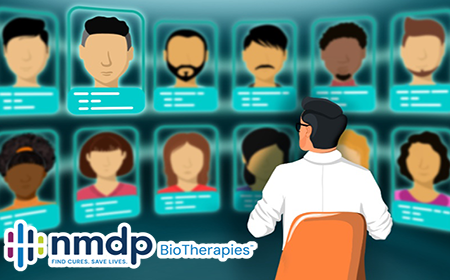
The role of AI in predicting stem cell donor availability
A Madbouly, J Mcatee, B Shaffer et al.
31 January
Watch

Application of CGE in cell and gene therapy
Ryan Hylands, Luiza Chrojan
22 October
Watch
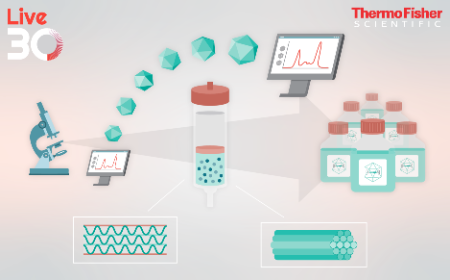
Preparing for success in gene therapy purification
X Fu, A Tustian, A Sharma et al.
9 October
Watch
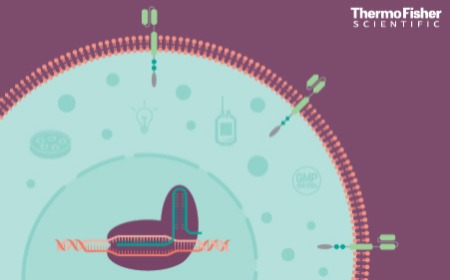
Clinical-scale non-viral gene edited CAR-NK cells for cell therapy
Krishanu Saha, Namritha Ravinder
18 September
Watch
